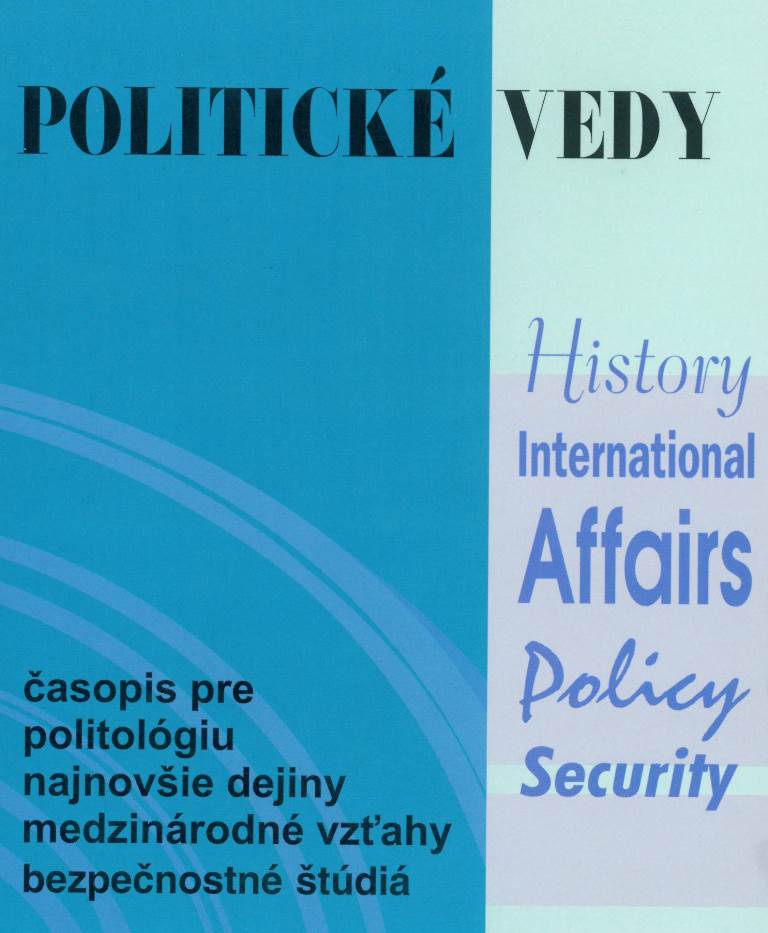Ruská pravoslavná církev a její vztahy se státem v době patriarchátu patriarchy Alexije II
Russian Orthodox Church and Its Relationship with State at Times of Patriarch Alexy II
Author(s): Vladimír Naxera, Maria AvanesovaSubject(s): Political Sciences, Government/Political systems, Politics and religion, Eastern Orthodoxy
Published by: Univerzita Mateja Bela
Keywords: Russia;Russian Orthodox Church;patriarch;Alexy II;Putin;Yeltsin;Chechen war
Summary/Abstract: After the fall of the Soviet Union, the Russian Orthodox Church and its social standing have gone through a significant transformation. This institution, which was formerly subject to the communist regime, quickly became a strong social force and to a large degree a political power under the leadership of Patriarch Alexy II. Over the course of his office, the relationship between the Church and the Russian state apparatus went through pronounced changes. The main goal of this paper was to analyze the transformation from the initial period, in which the state and Church operated as two relatively independent actors, to the period in which the state and the Church begin to work in close cooperation. These two institutions have become closely linked actors in a bond that is favorable to both parties. This state of affairs, historically labeled a “throne and altar alliance”, is nothing new to Russia. This paper was written with the help of a wide range of secondary and (mostly) primary sources – official Church documents, media appearances, and so on. This paper also introduces a number of topics: mutual relations of the state and Church after 1991; the transformation of the mutual relationship over the course of the 1990s and after President Putin’s election in 2000; the Church’s link to the armed forces and its role in the Chechen conflicts; and the influence of the Church on building the new identity of post-Soviet Russia. The authors of this paper have endeavored to prove that without considering the political and social role of the Church, the analysis of political processes in post-Soviet Russia would be wholly incomplete.
Journal: Politické vedy
- Issue Year: 19/2016
- Issue No: 3
- Page Range: 8-30
- Page Count: 23
- Language: Czech

